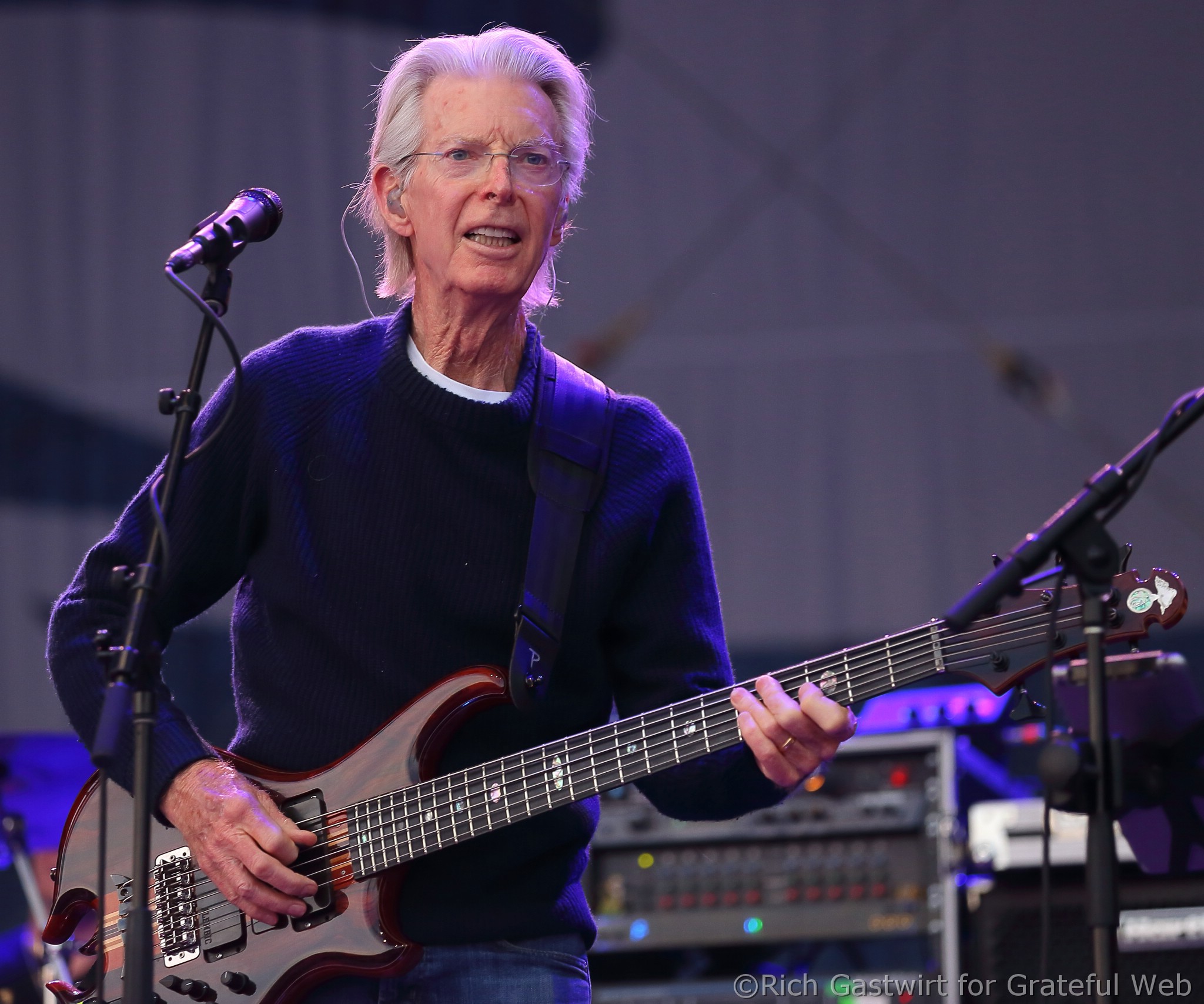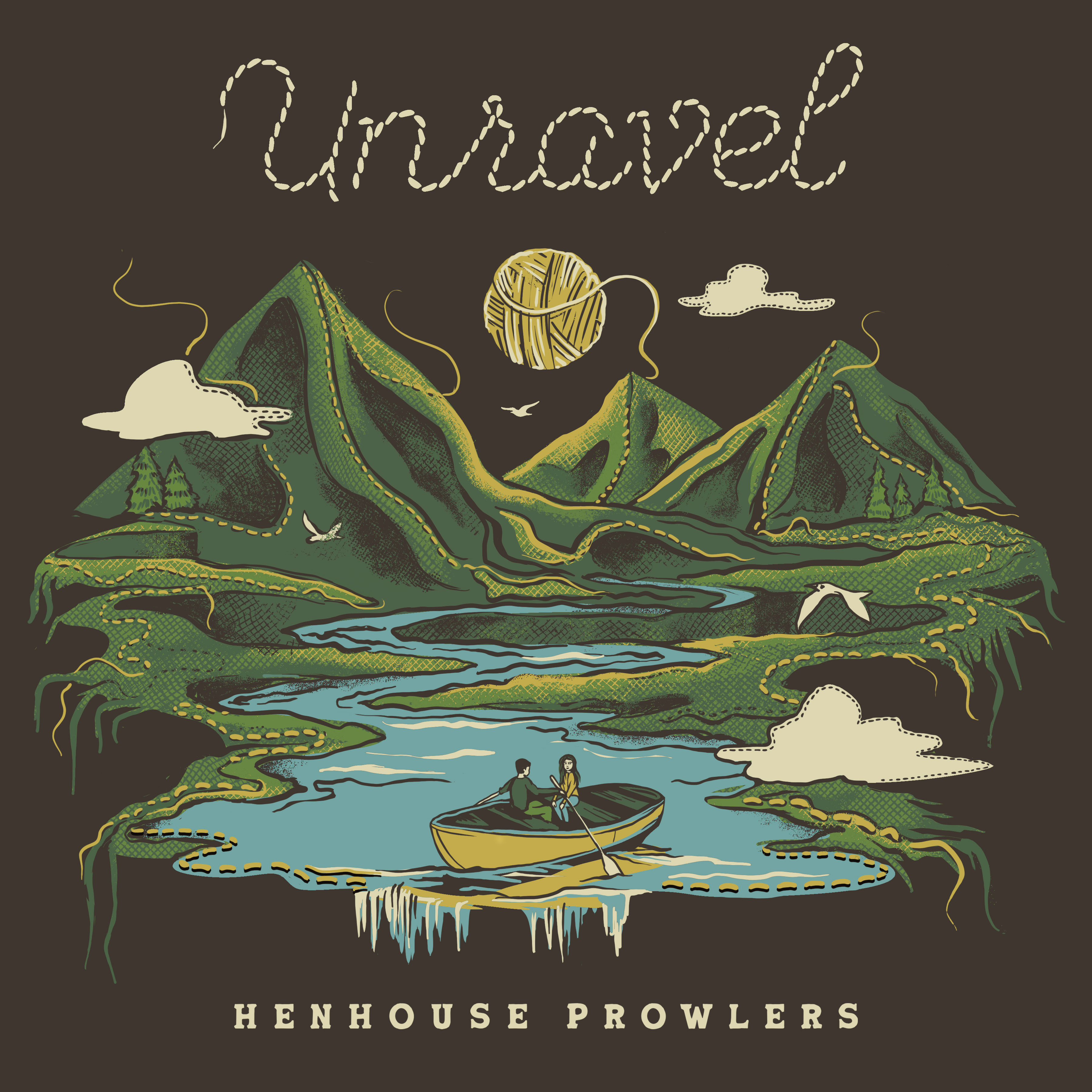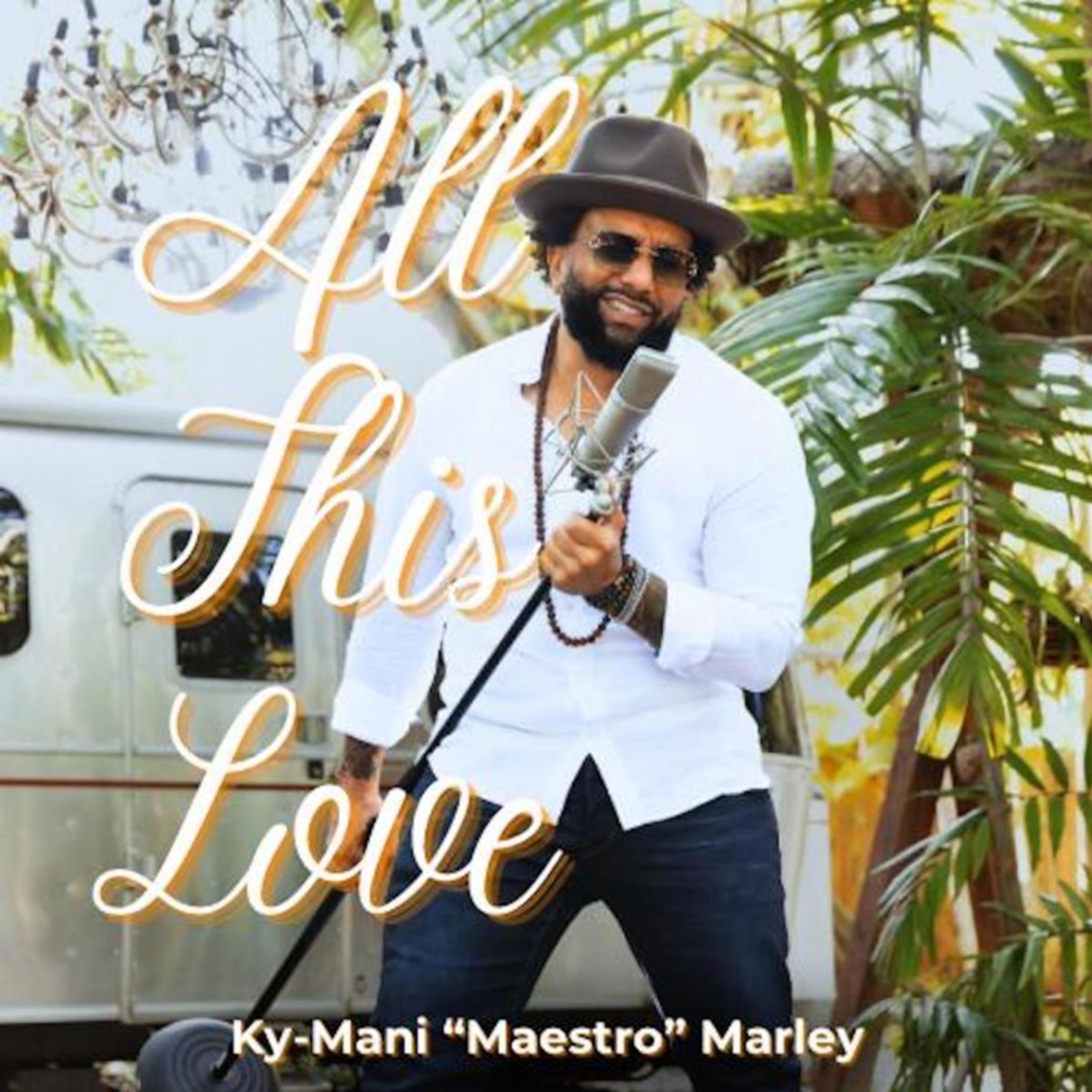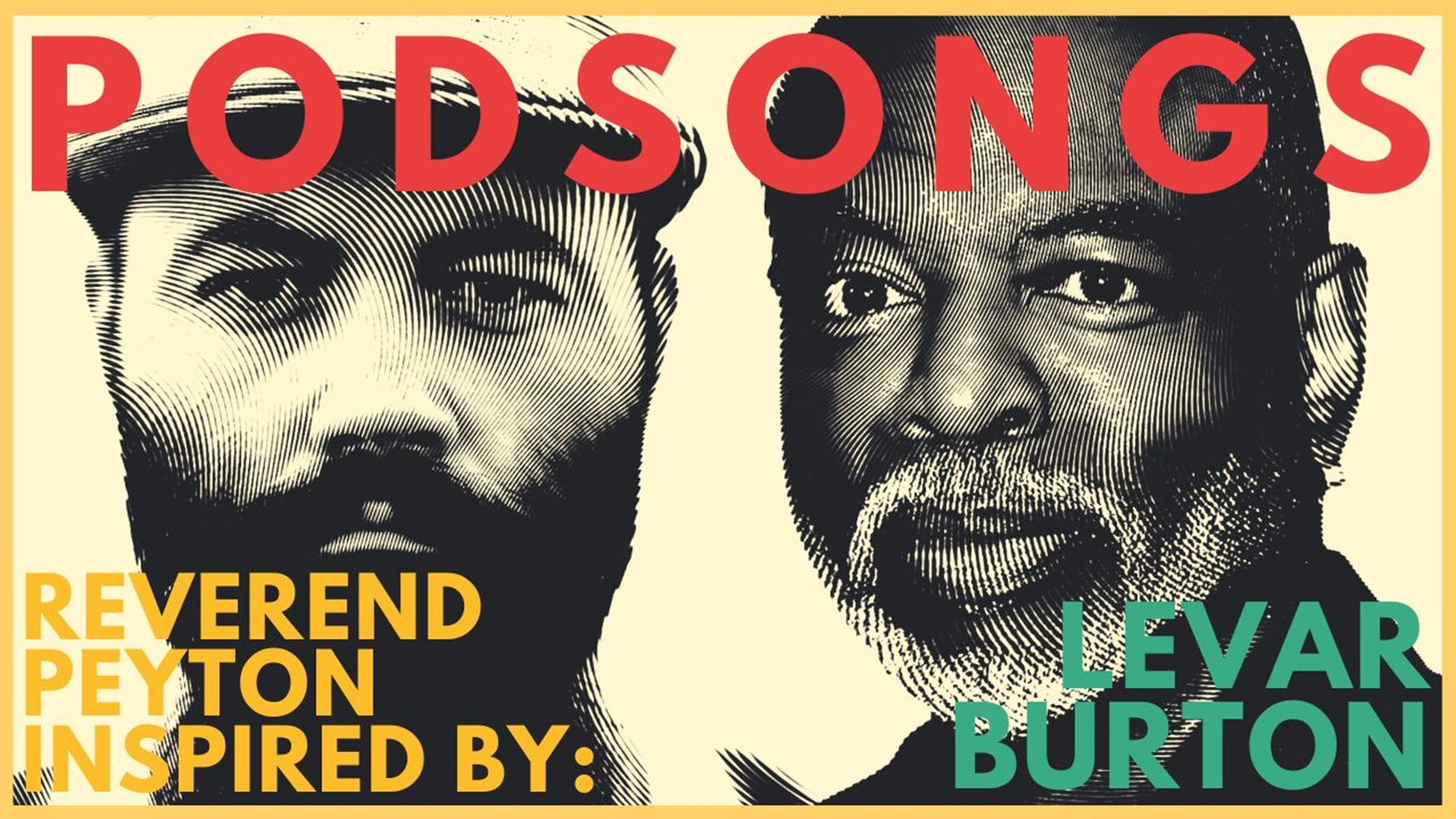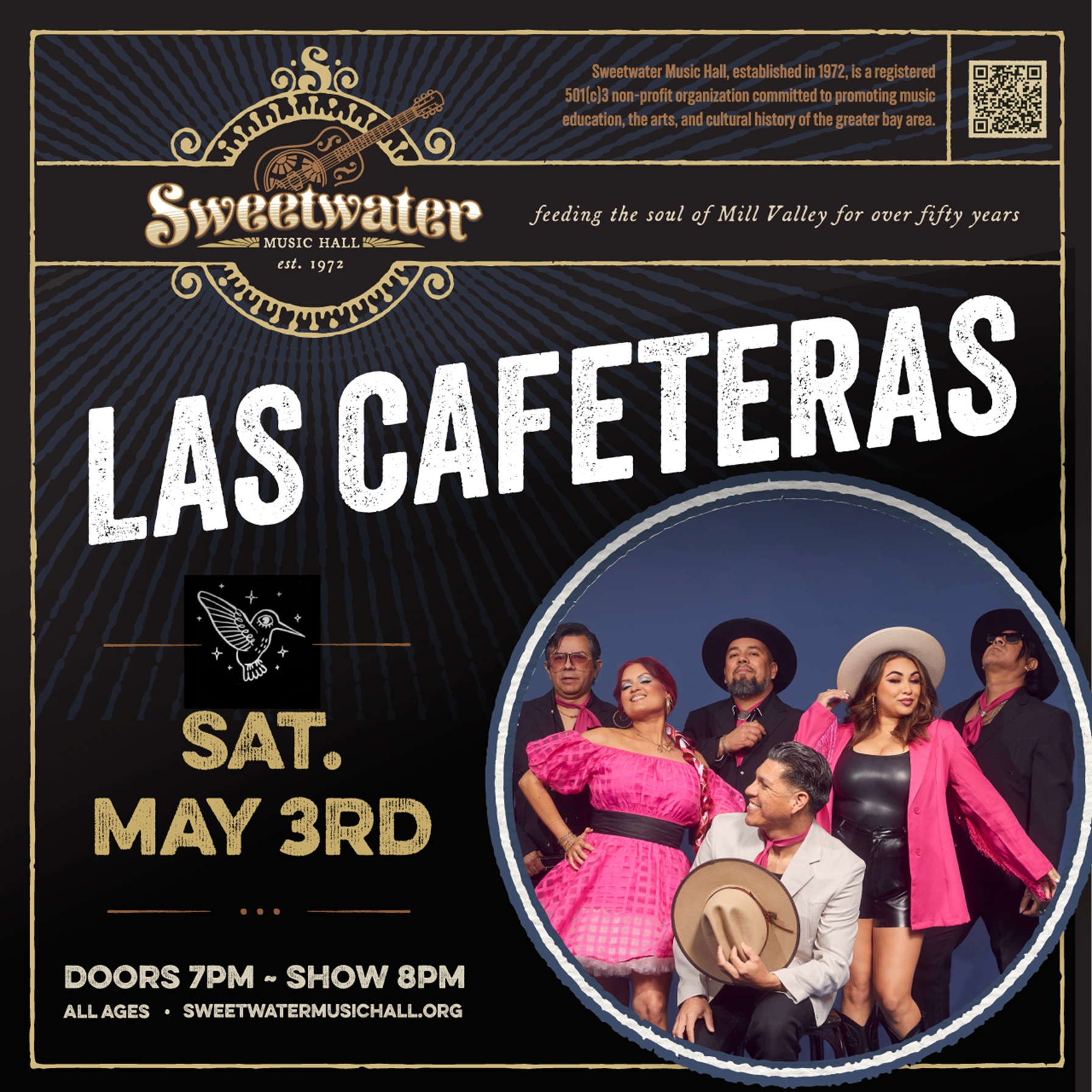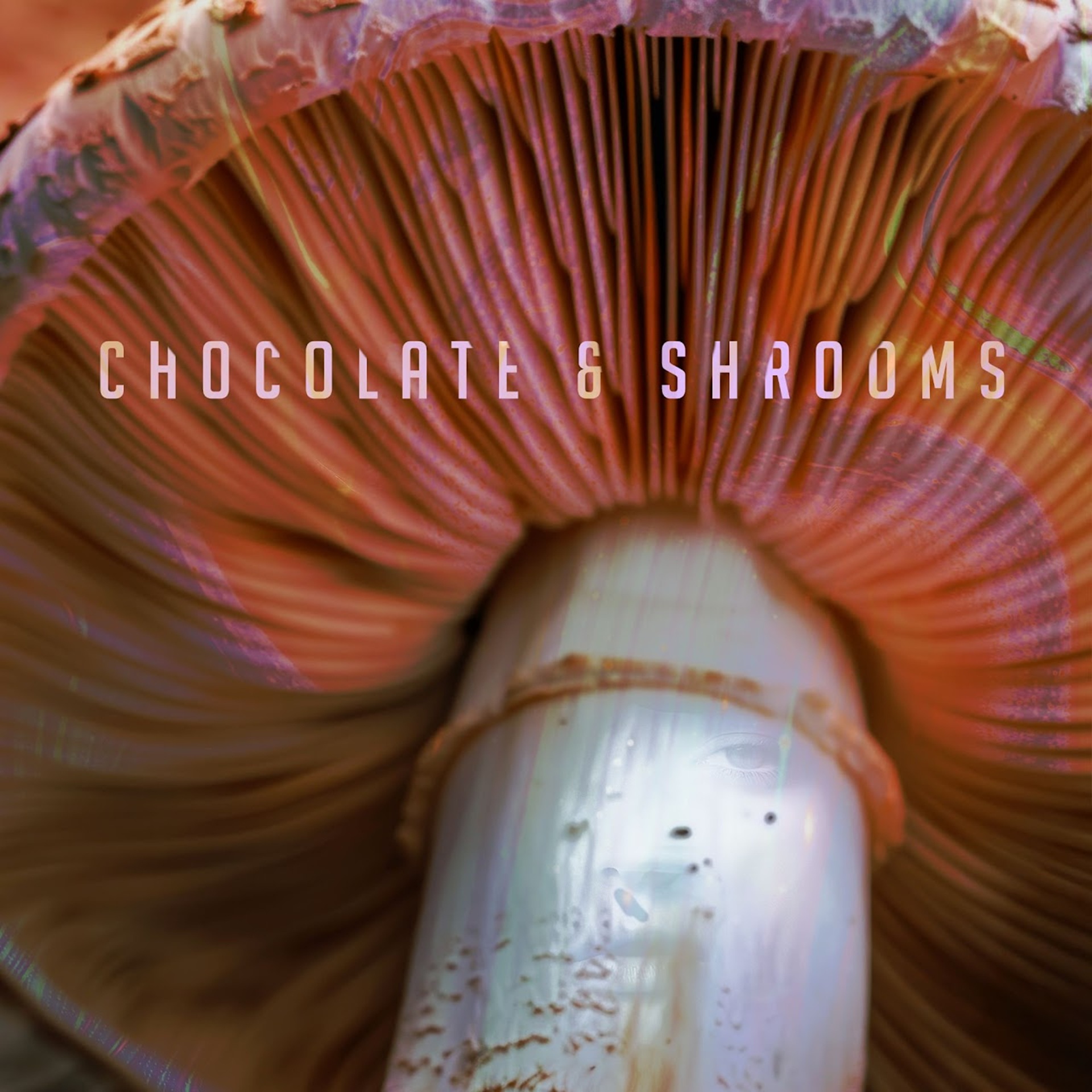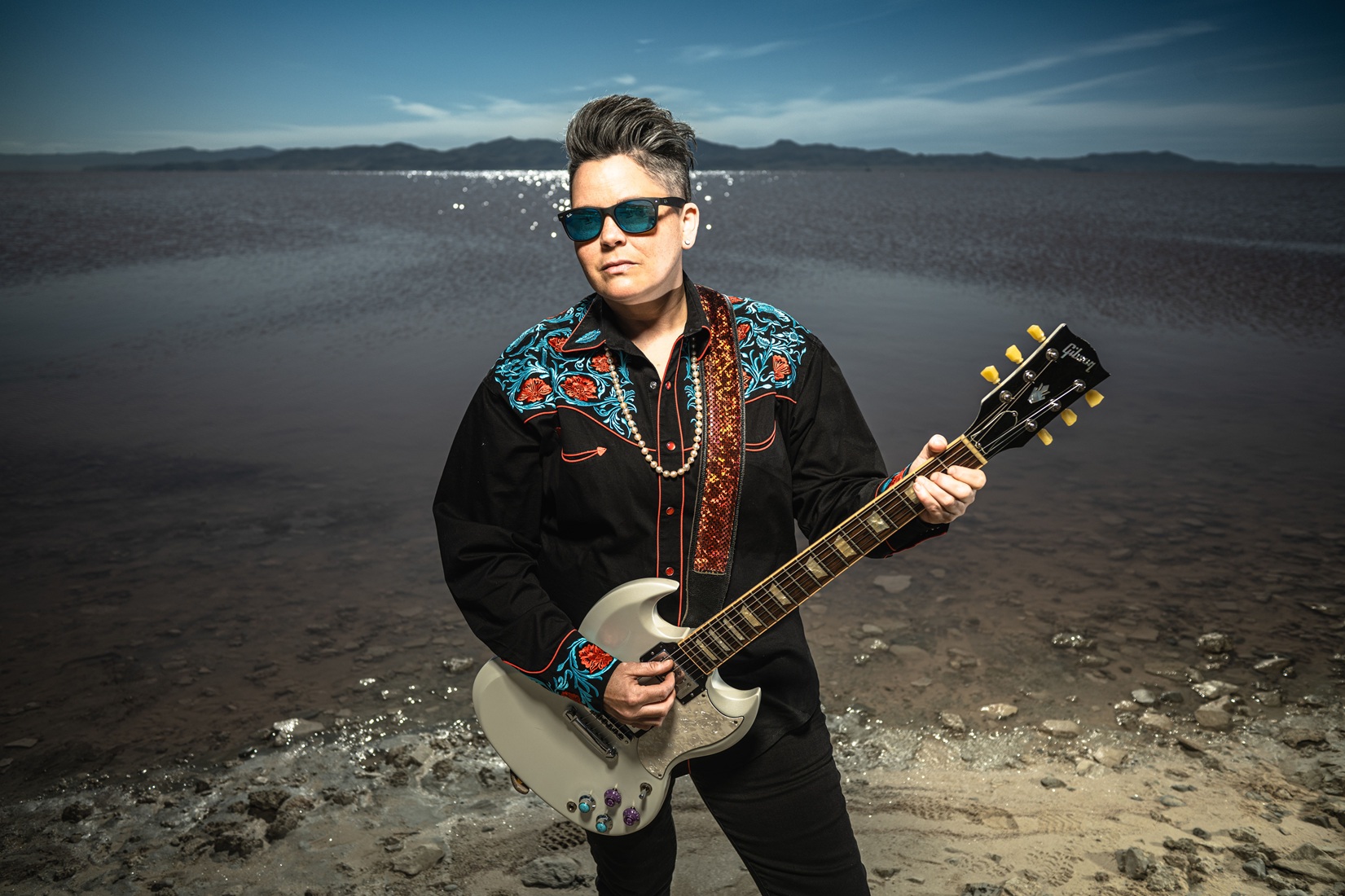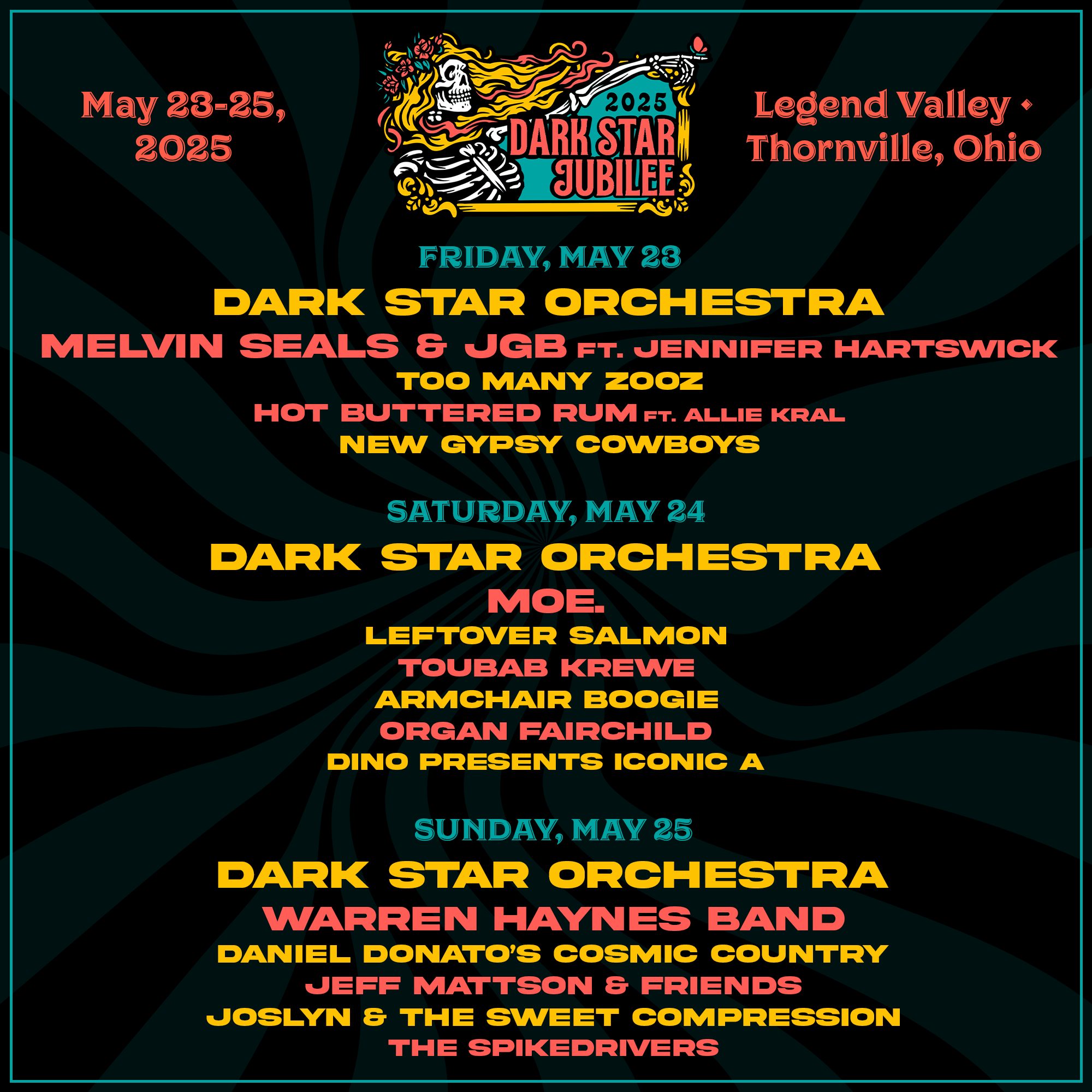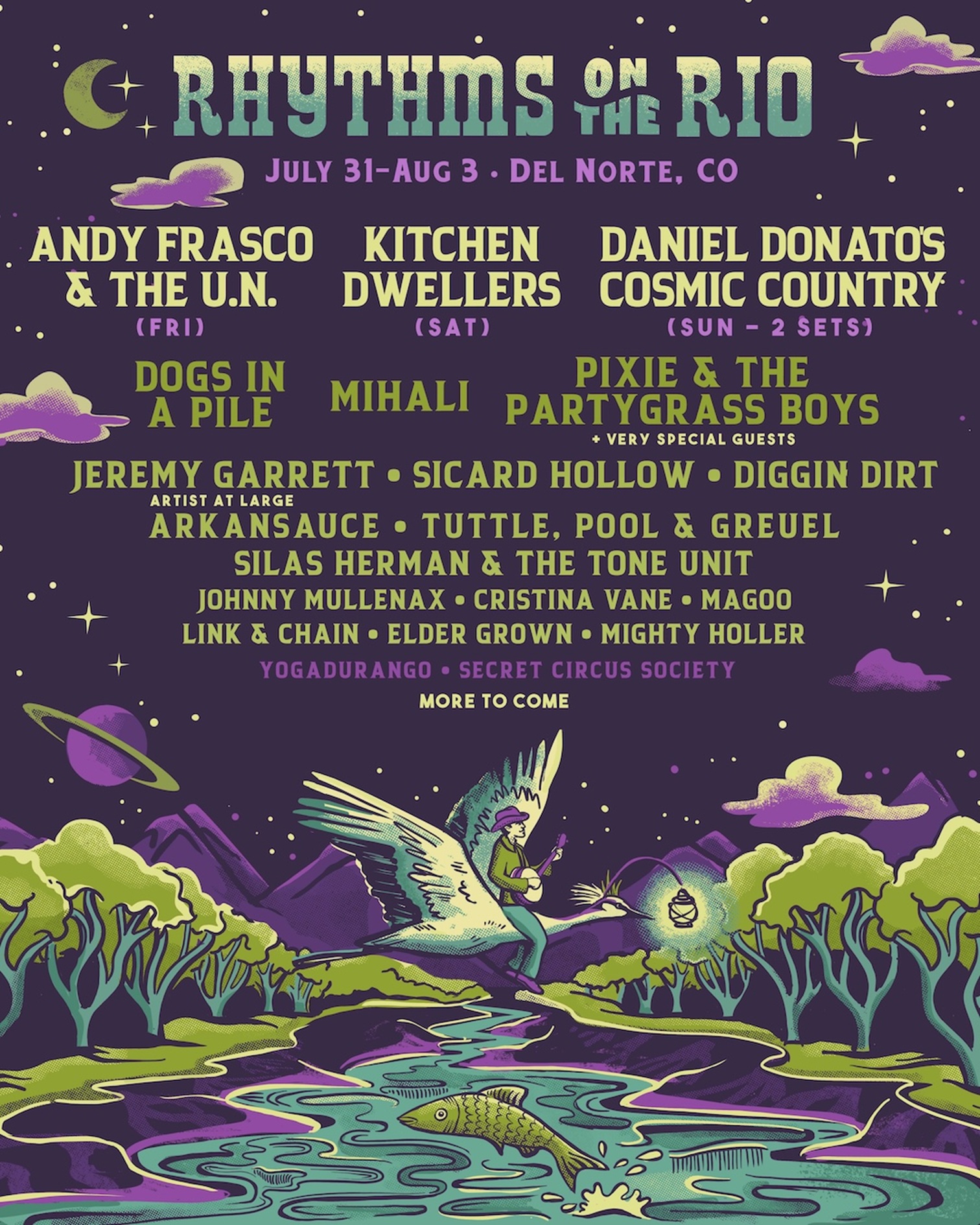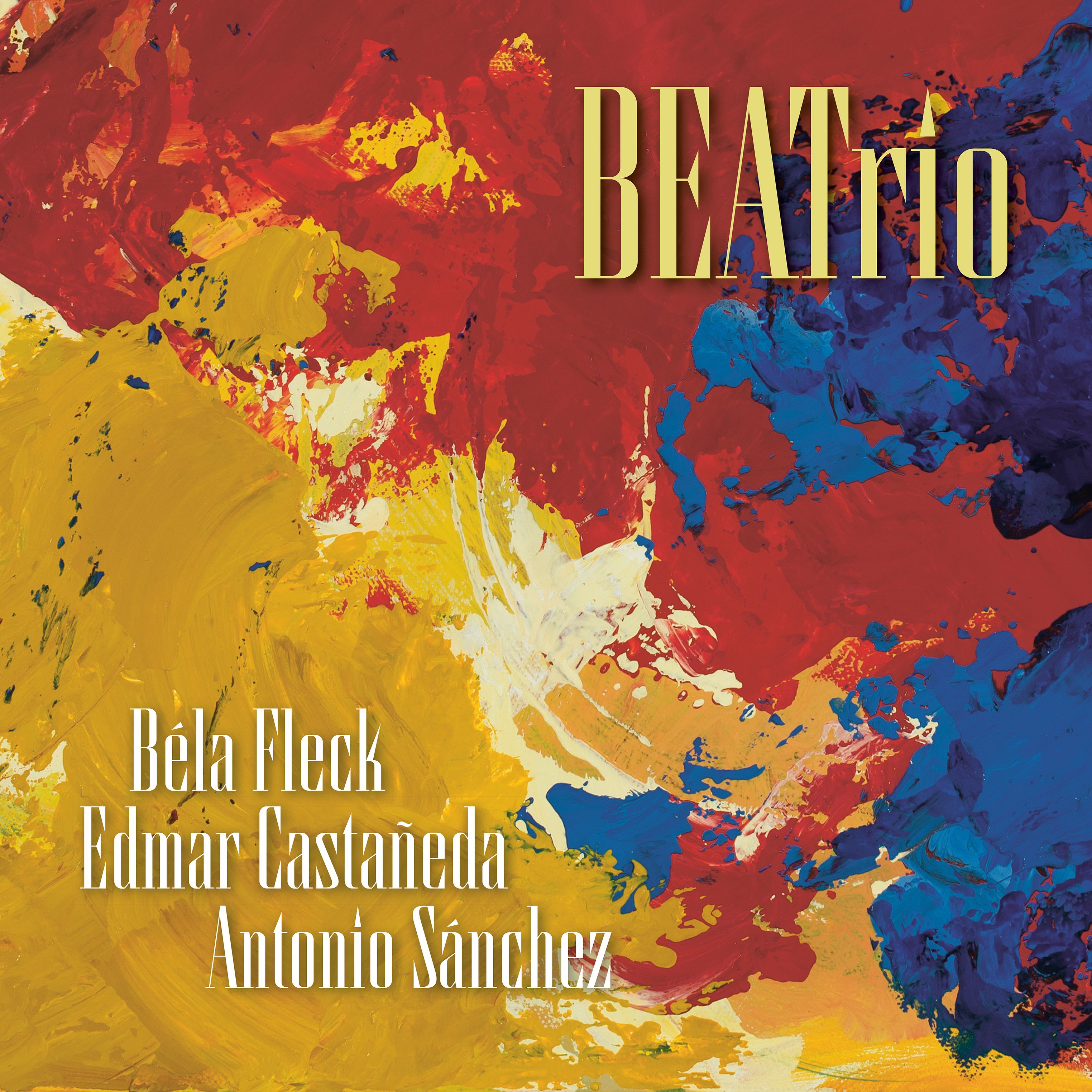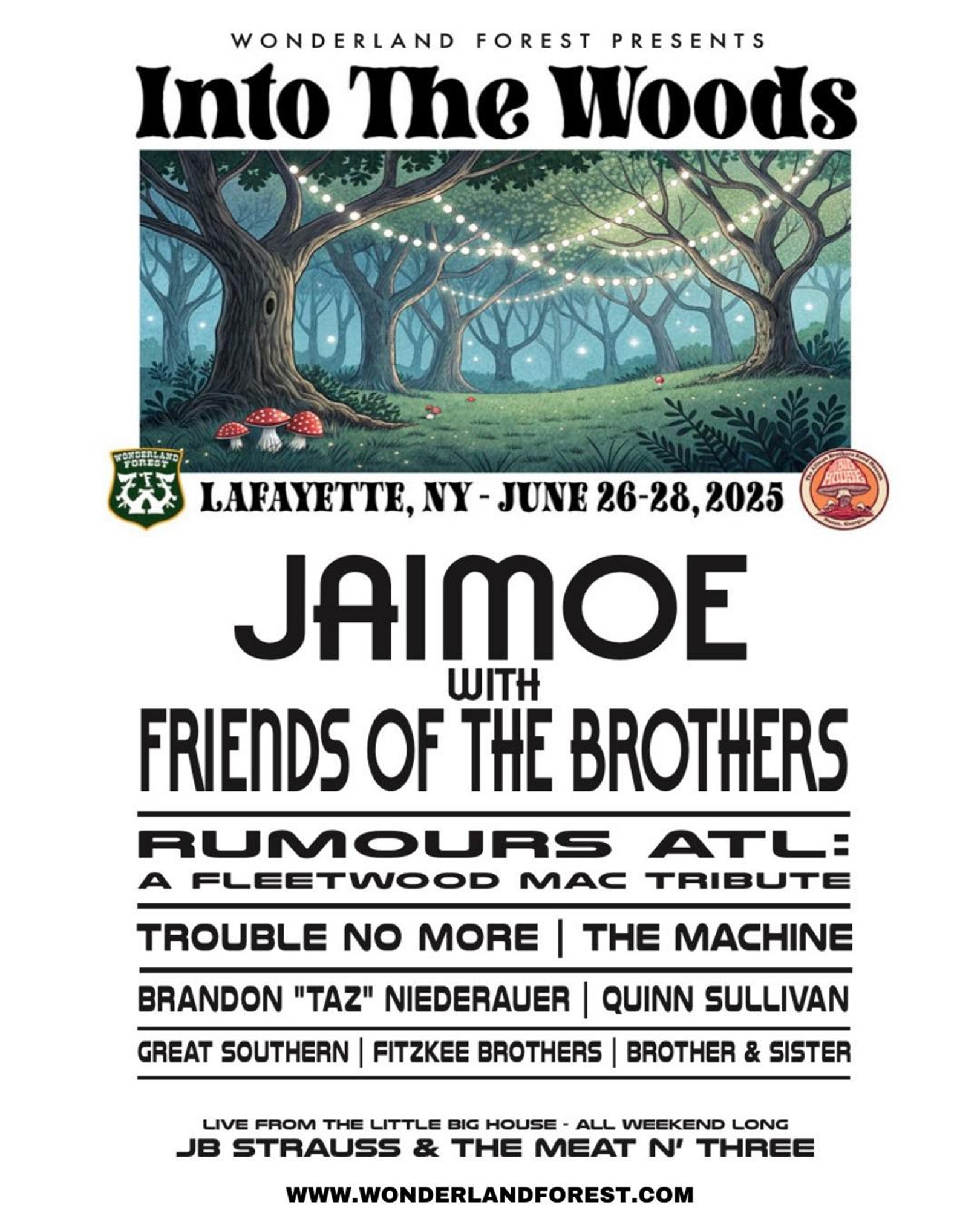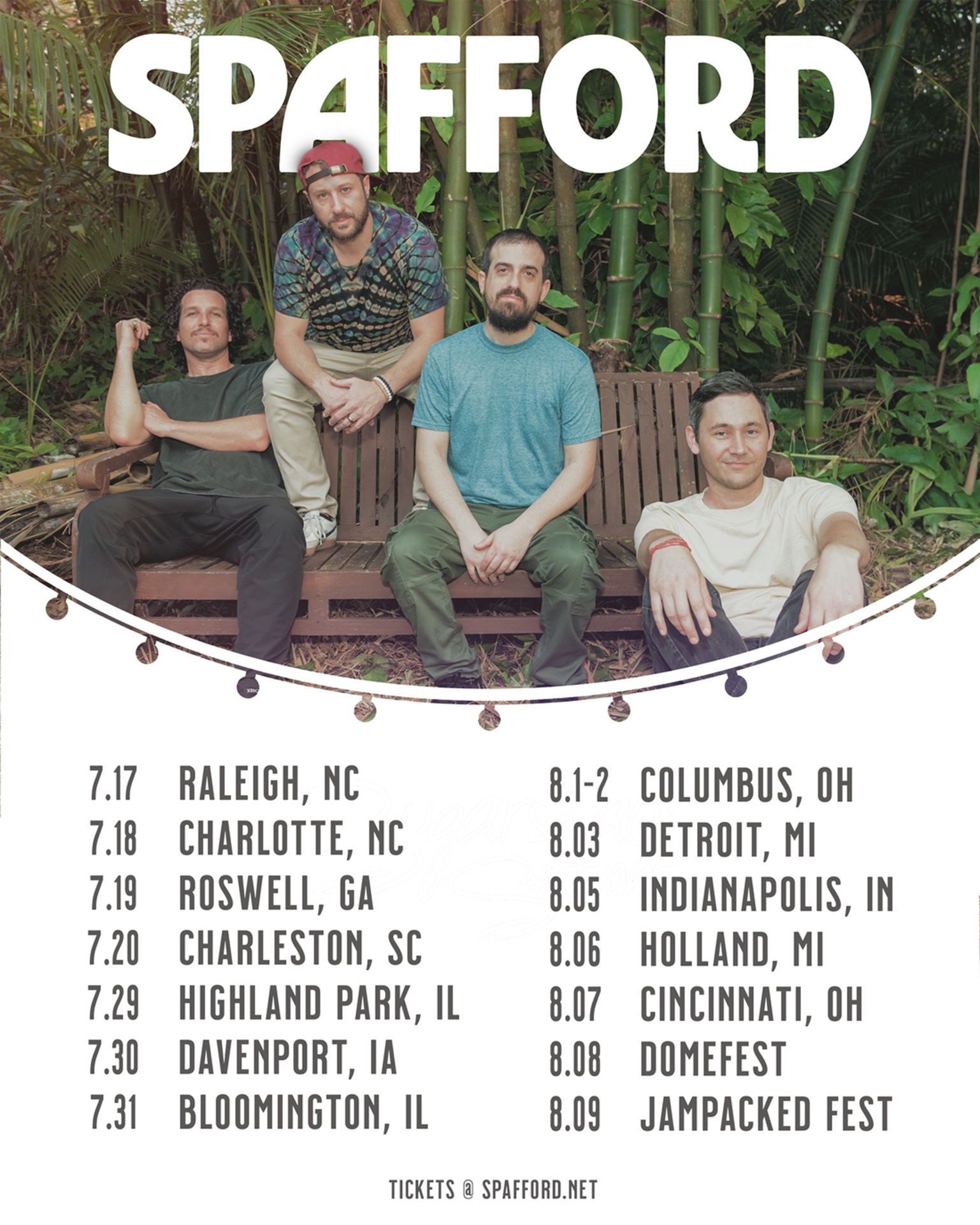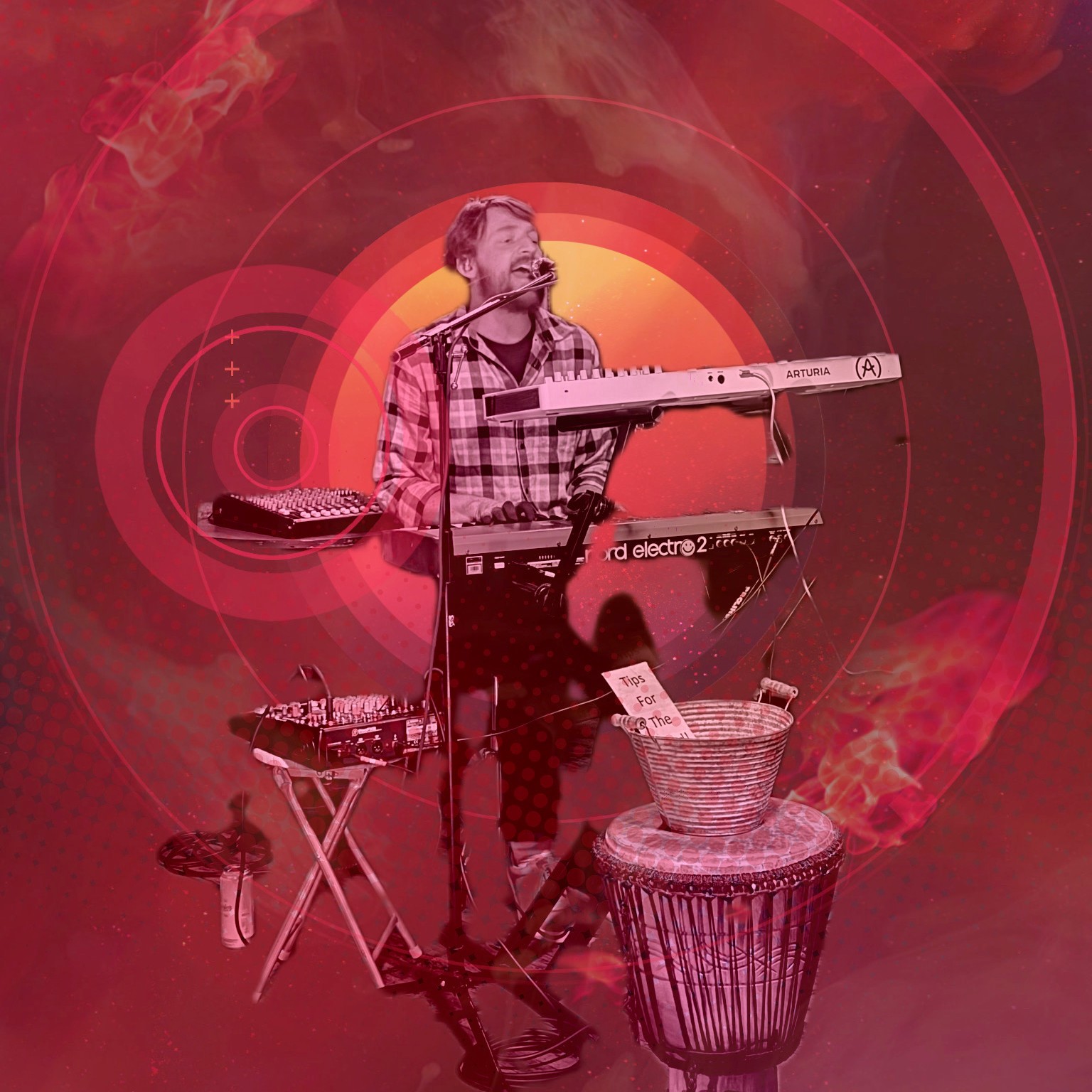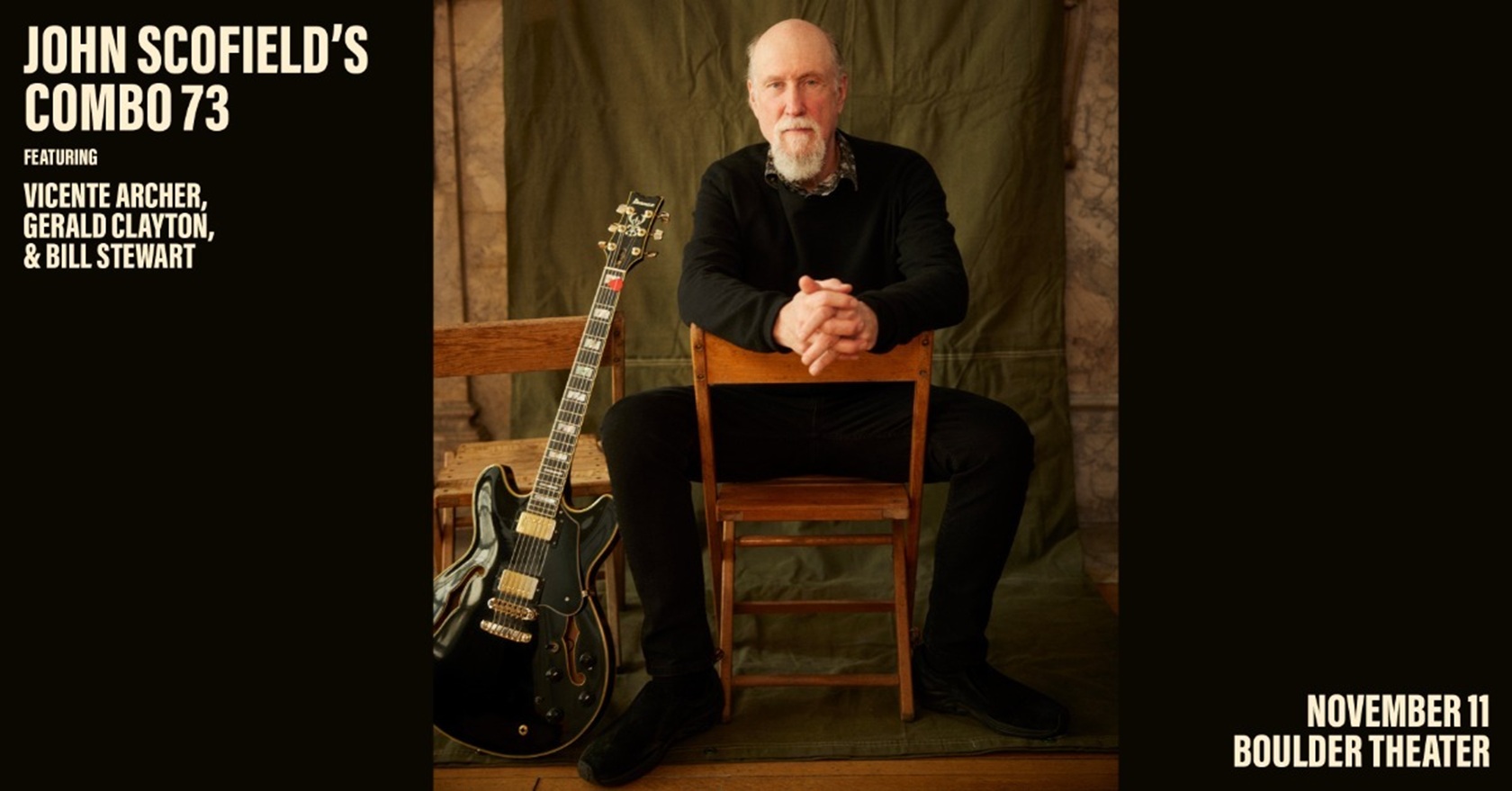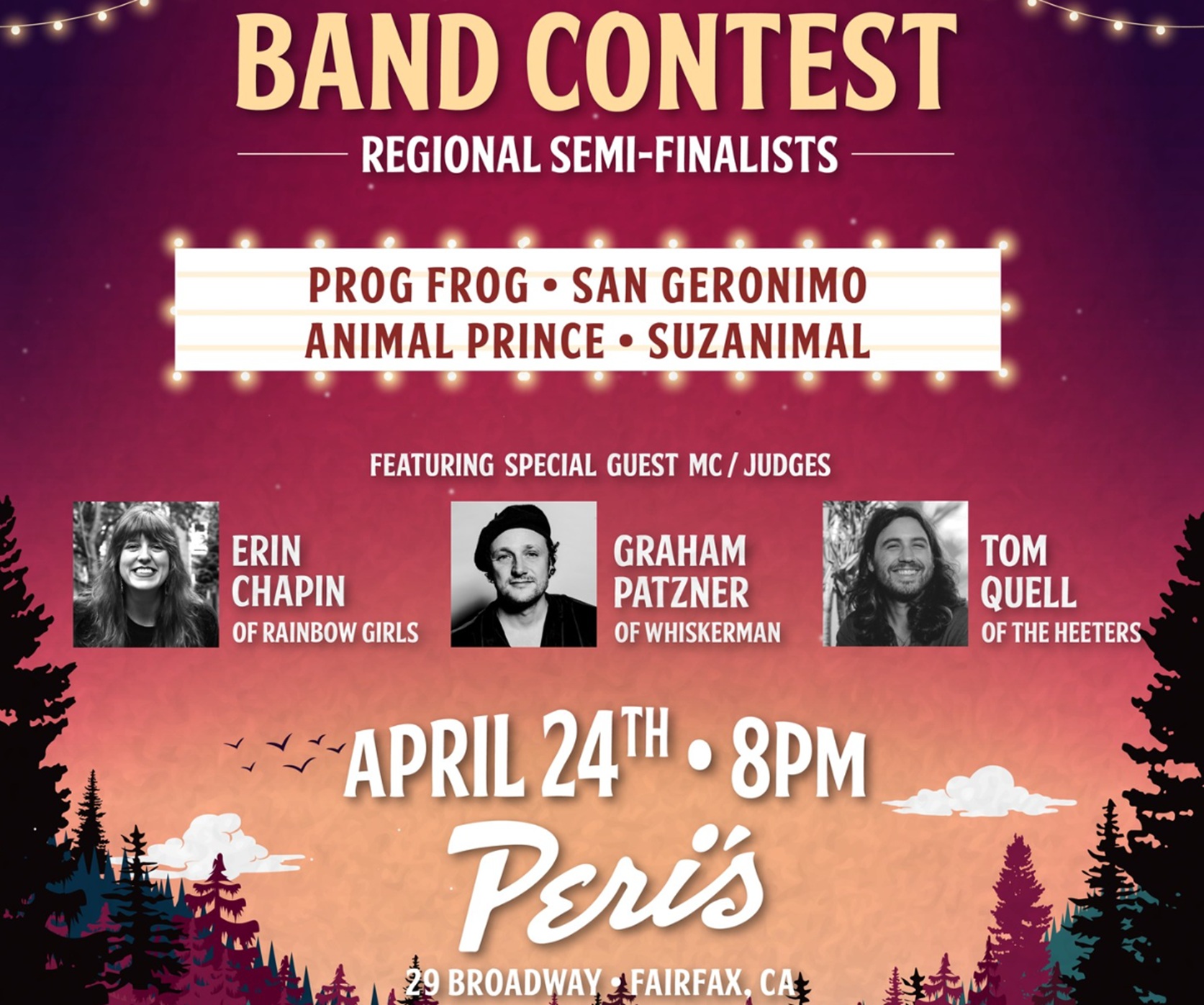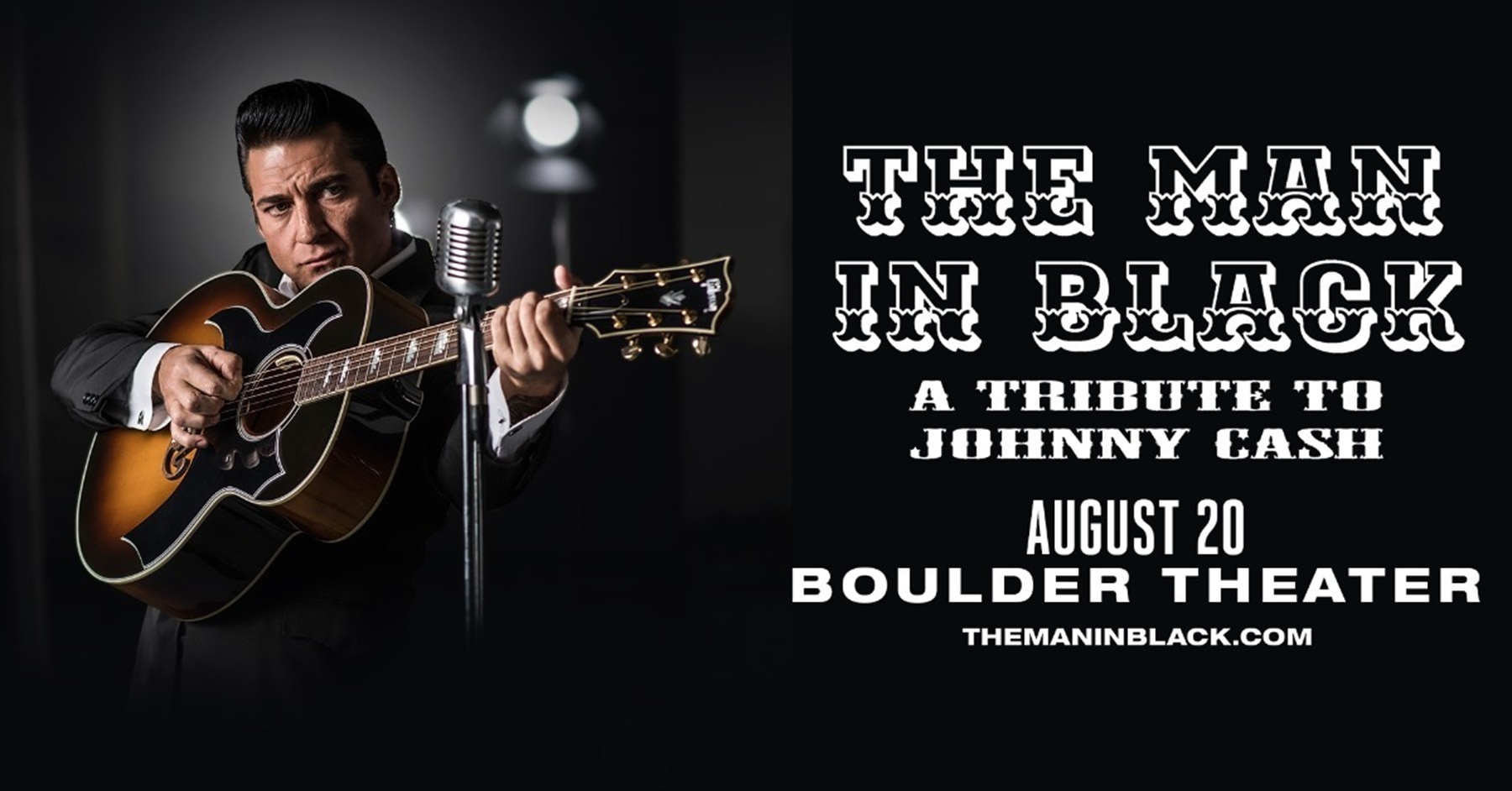In the swirling, technicolor maelstrom that was Haight-Ashbury, there was a bassline. It wasn’t just any bassline, mind you. It was Phil Lesh’s—an intricate, weaving, electrified pulse that felt more like the heartbeat of the universe than just another instrument in a band. Now that pulse, that cosmic conductor, has drifted into the great unknown.
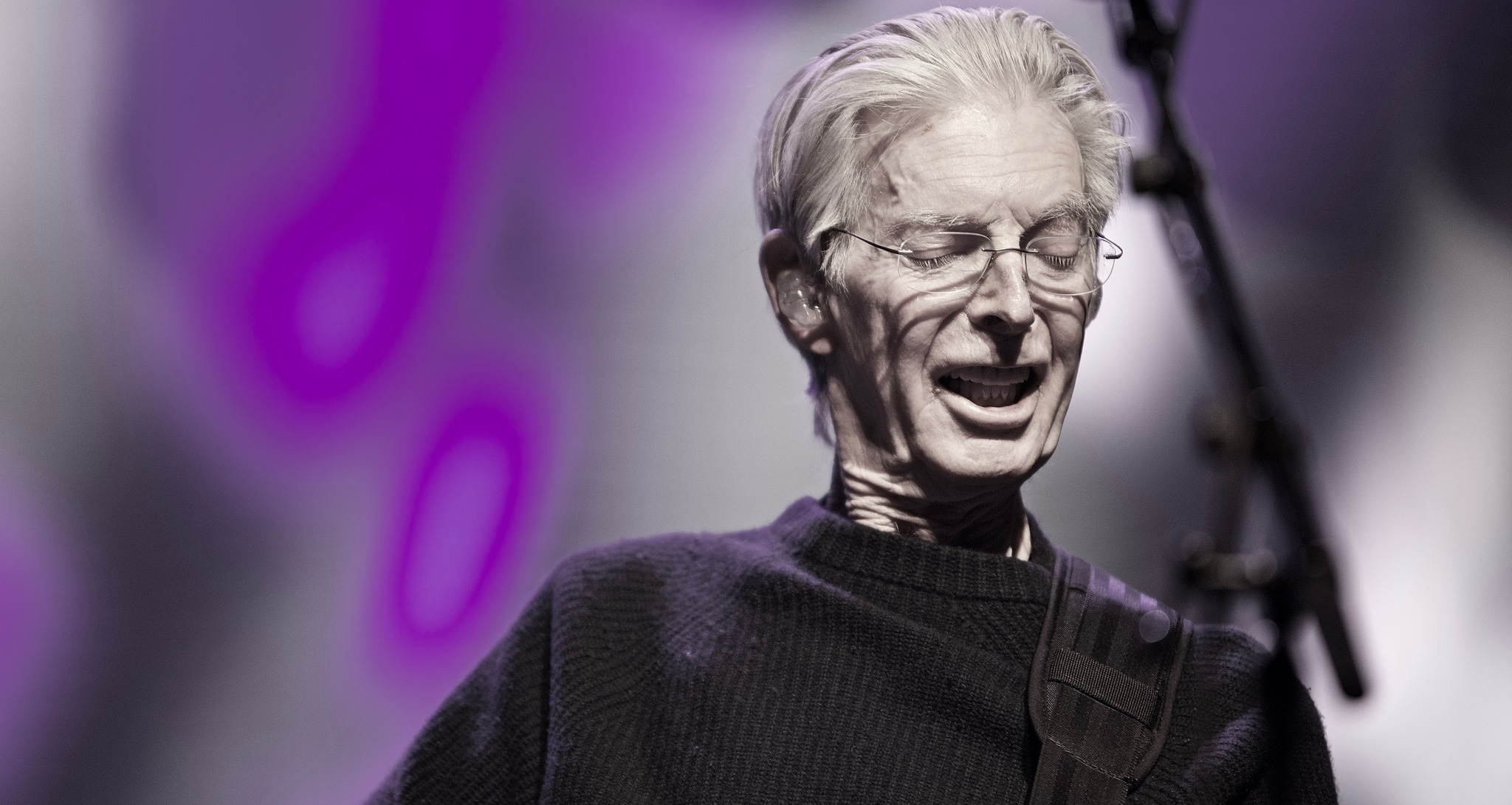
Phil was more than the foundation of the Grateful Dead; he was the navigator of their wild, untamable sound. In the mid-60s, when the streets of San Francisco began to pulse with a beat nobody had ever heard before, Phil found himself drawn into a world that would soon explode into a cultural revolution. It was at the Acid Tests, where reality bent like a rainbow in the rain, that Phil’s basslines first began to fuse with Jerry Garcia’s endless guitar solos. Those early days weren’t just about the music; it was about the experience, the connection, the alchemy between musicians and audience. Phil was the chemist, distilling it all into that unmistakable Grateful Dead sound.
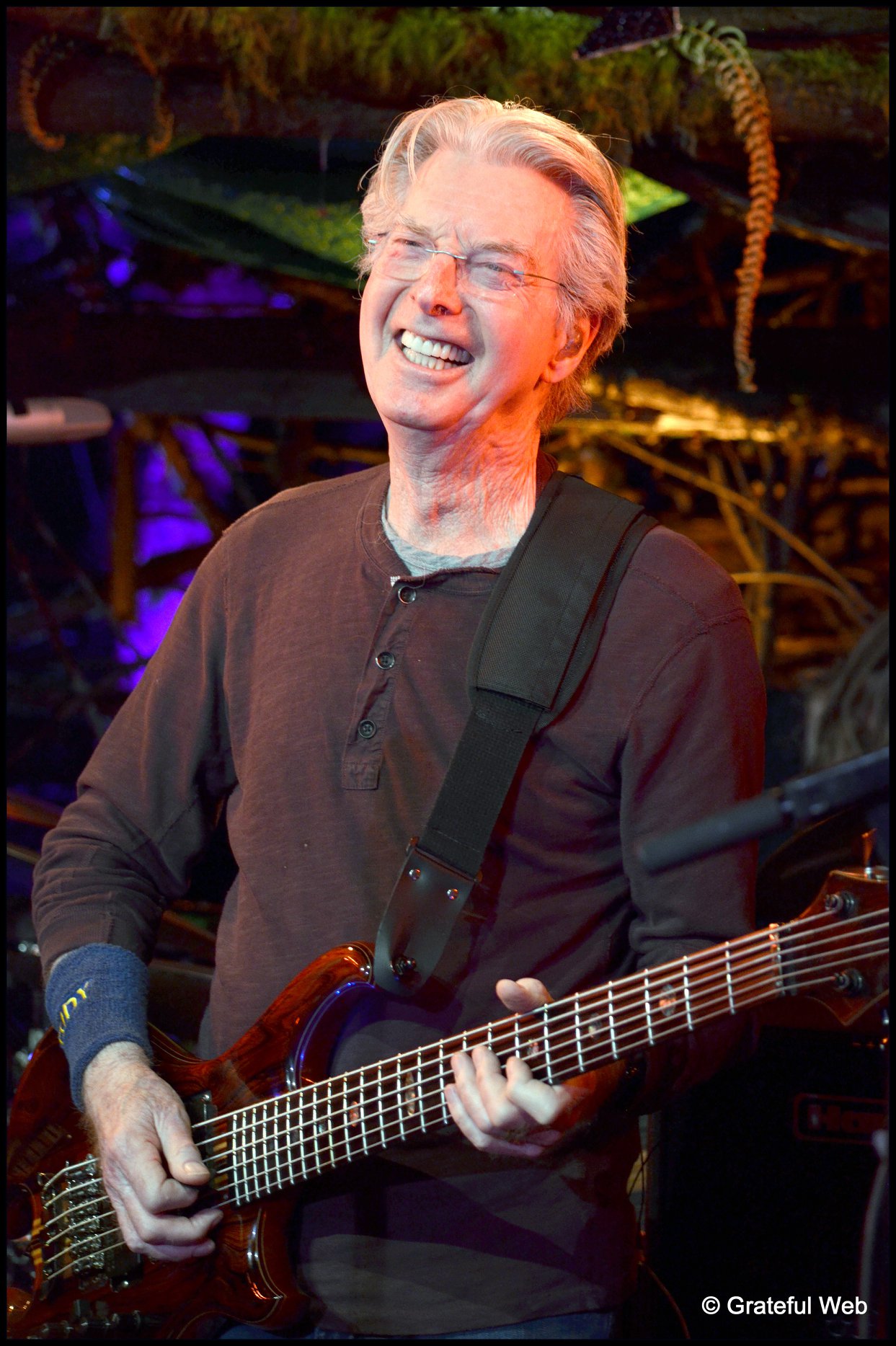
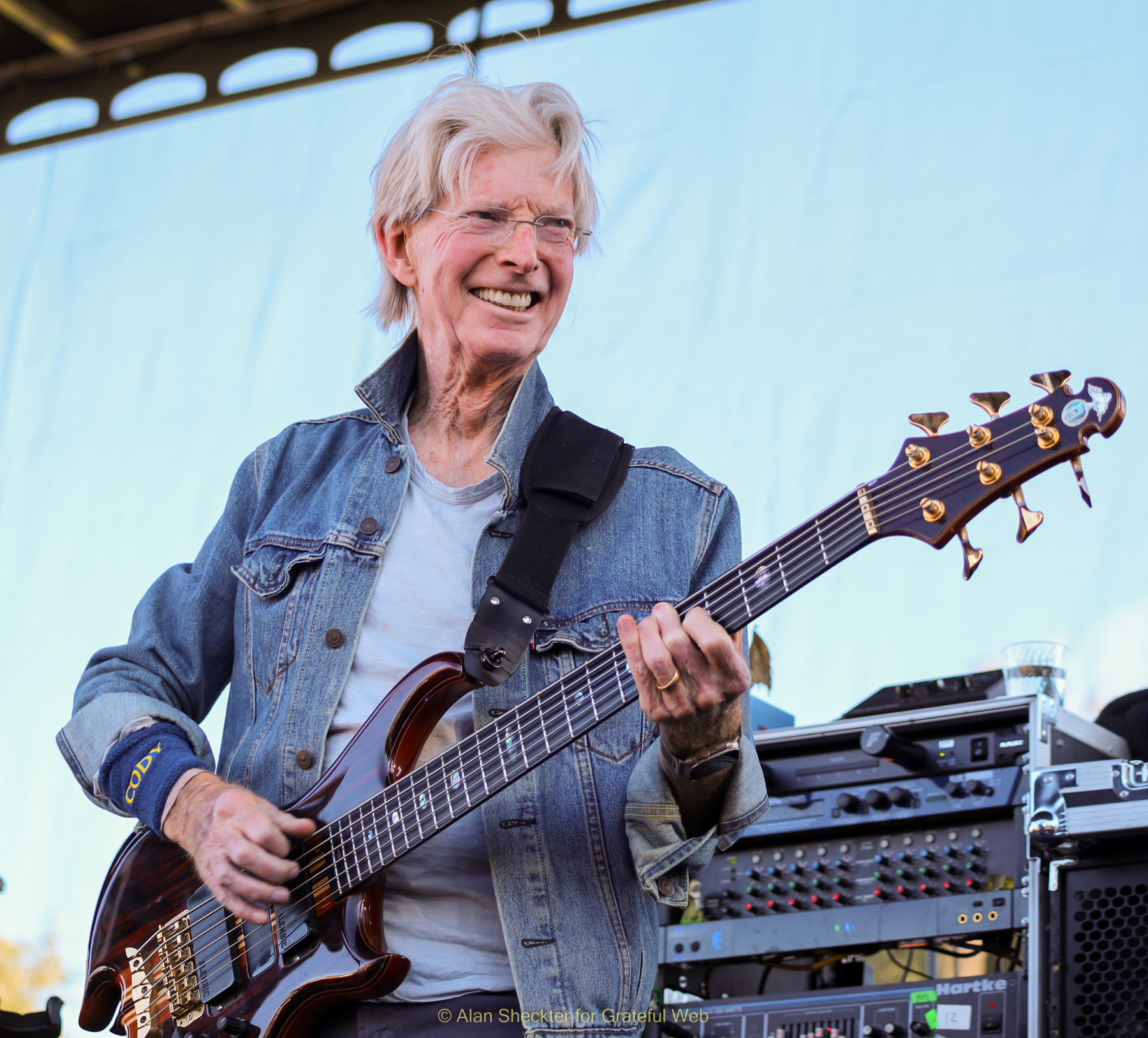
His playing was like no other bassist—he didn't just keep rhythm; he painted melodies, intricate webs that ran parallel to Garcia’s spiraling leads. Their synergy was something that transcended music. It was a dance of souls, a call-and-response conversation that could take you from the deepest crevices of the cosmos to the stillness of your own mind in a heartbeat.
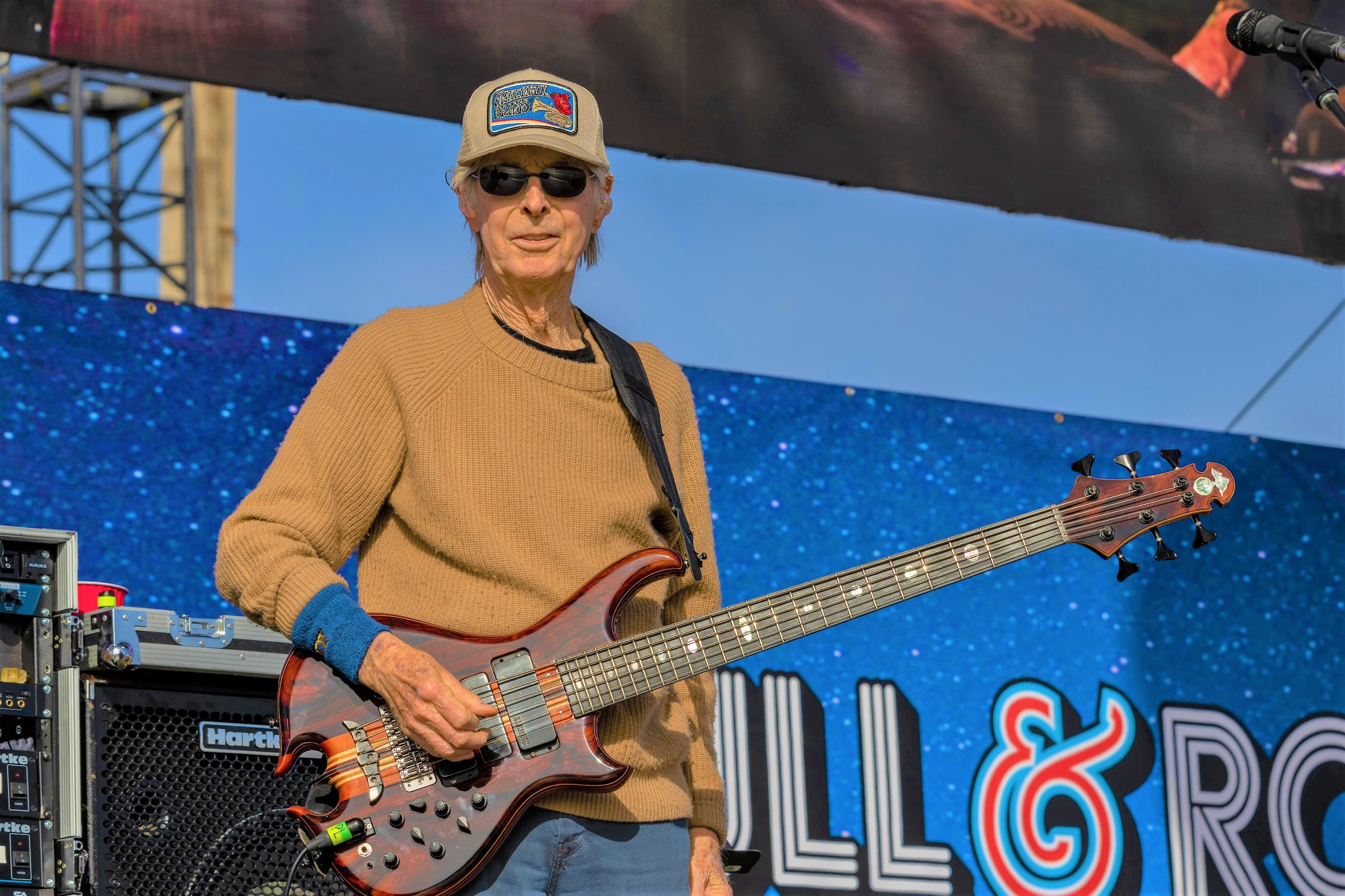
Phil's fans knew this. That's why, at Dead shows, you’d hear chants of “We Want Phil!” echoing from the crowds. It was more than just admiration for his skill—it was a demand for that particular magic only Phil could conjure, for a journey into the "Phil Zone," where time and space stretched and shifted. No two nights in that zone were ever the same, but every night there, you knew you were part of something bigger.
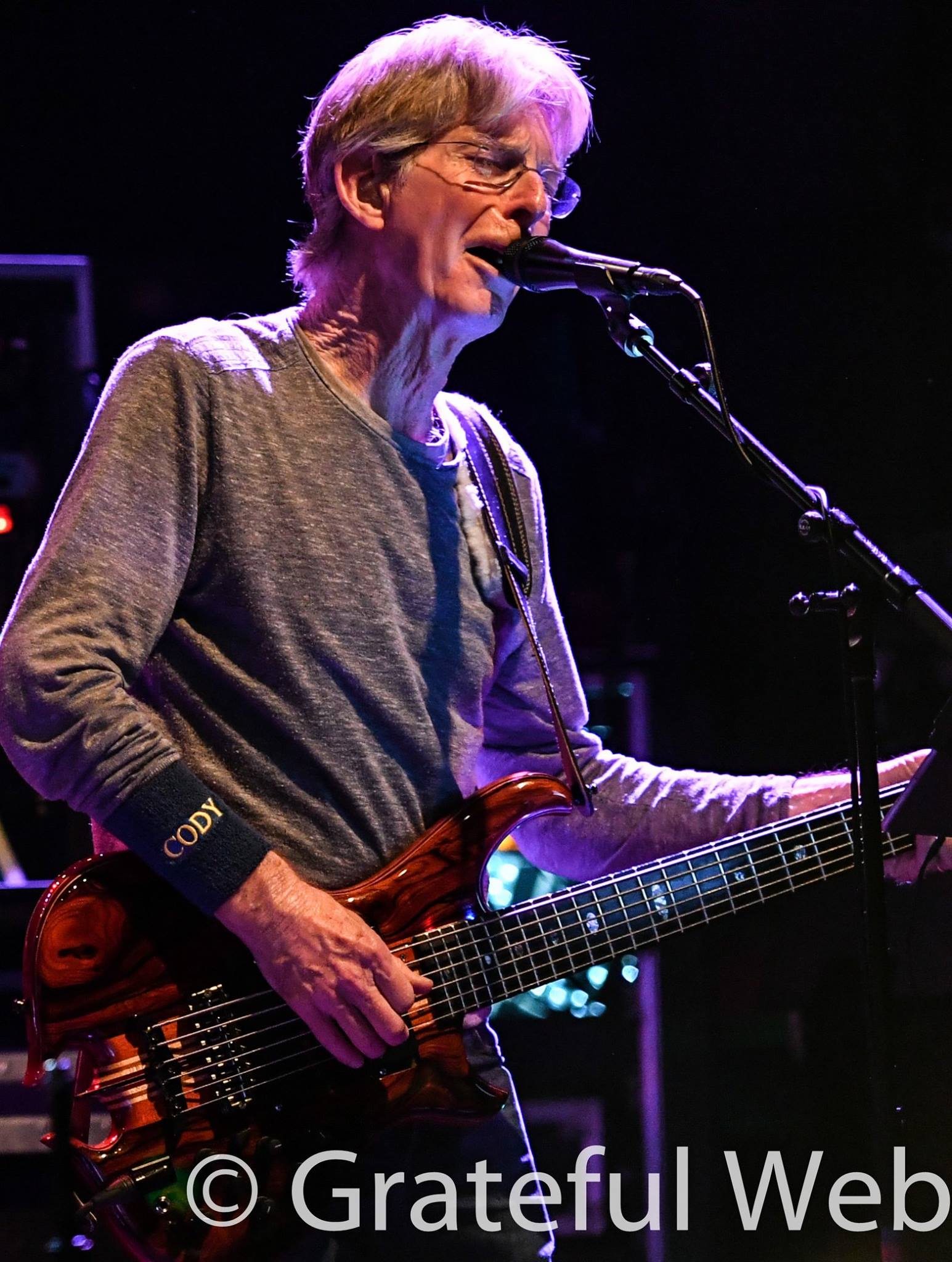
But there was another side to Phil—one that came in quieter moments. His heart poured into "Box of Rain," a song he practiced as he drove to visit his father, who lay in a nursing home, dying of cancer. Written with the late, great Robert Hunter, "Box of Rain" is the perfect metaphor for life—fragile, transient, yet brimming with meaning. The song has woven its way into the souls of Deadheads everywhere, a timeless elegy that captures not just loss, but the beauty of love in the face of the inevitable. According to Hunter, the words flowed as if they had been waiting all along. It was as much a gift to Phil as it was to all of us, who would come to hold that song so dear.
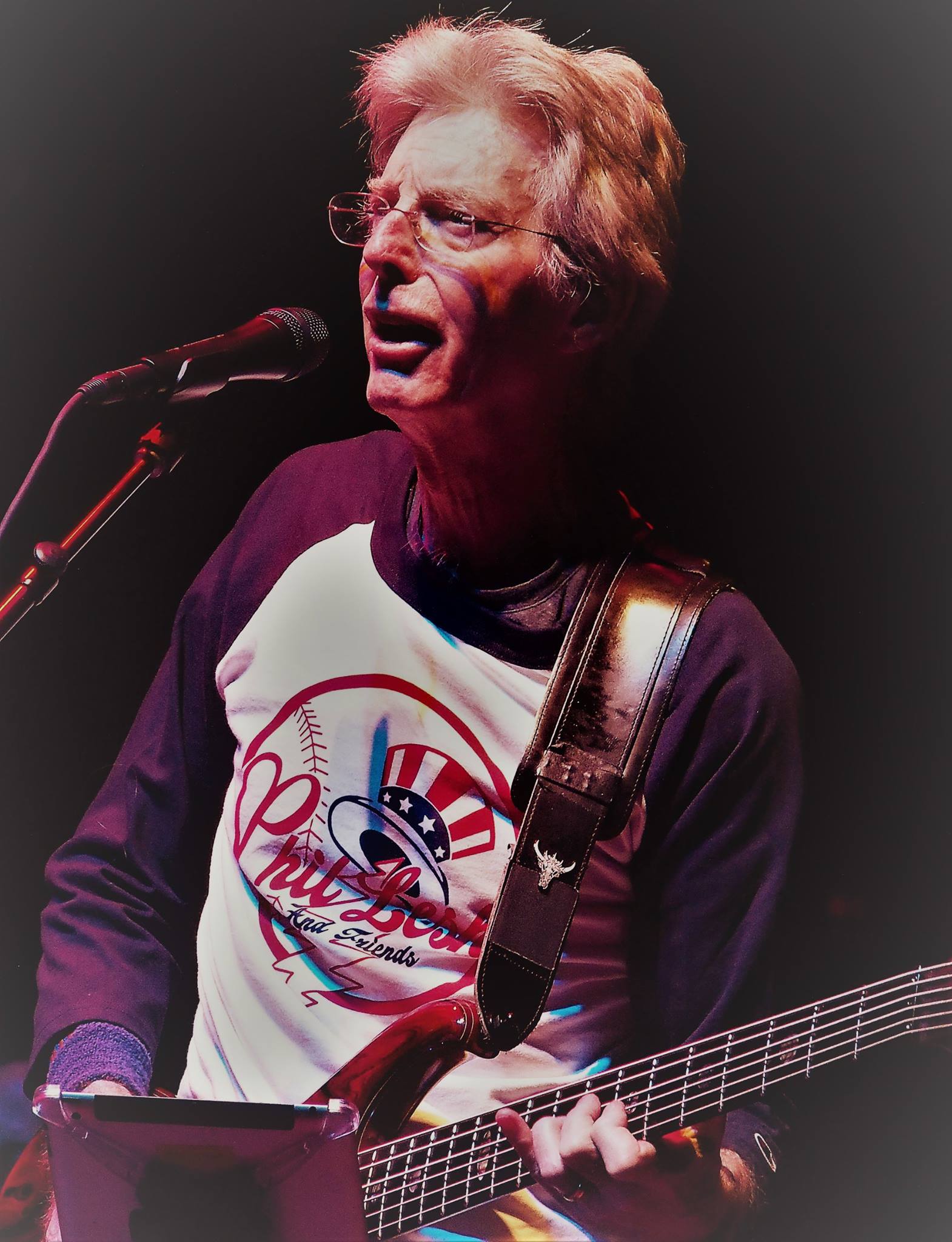
From the Acid Tests to stadiums packed with tens of thousands, Phil was always pushing the boundaries. He was never content to settle into the groove—he was the groove, reshaping it, reimagining it, setting the Dead’s jams into new orbits night after night. His energy was infectious. He played like he was still discovering the bass for the first time, marveling at the way it could take a listener on a journey through time and space.
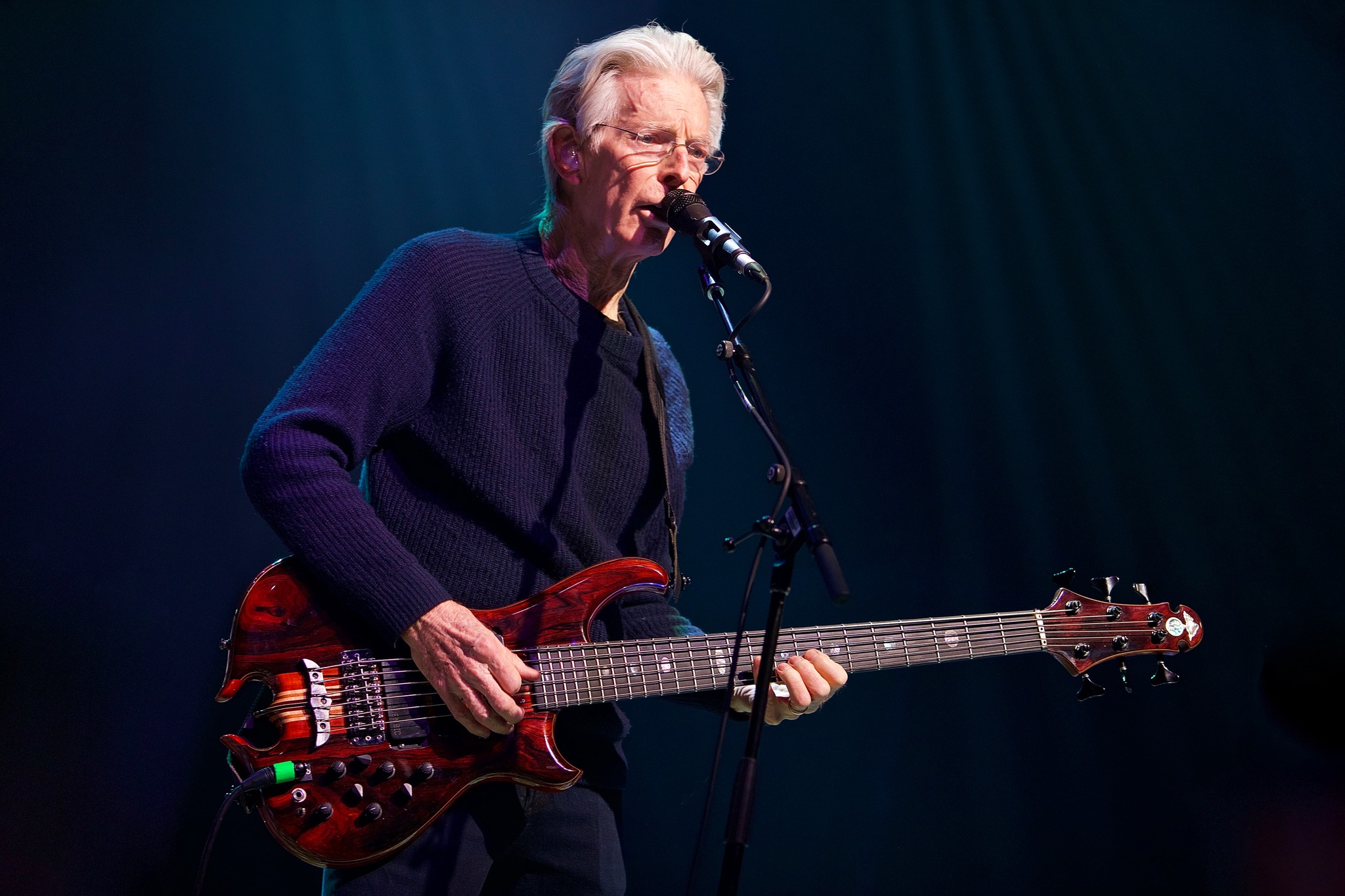
The Grateful Dead was a band of seekers, but it was Phil Lesh who showed us the way. His music wasn’t just sound—it was a passage to something deeper, something that made us feel like we were part of the grand experiment, like we were in on the cosmic joke.
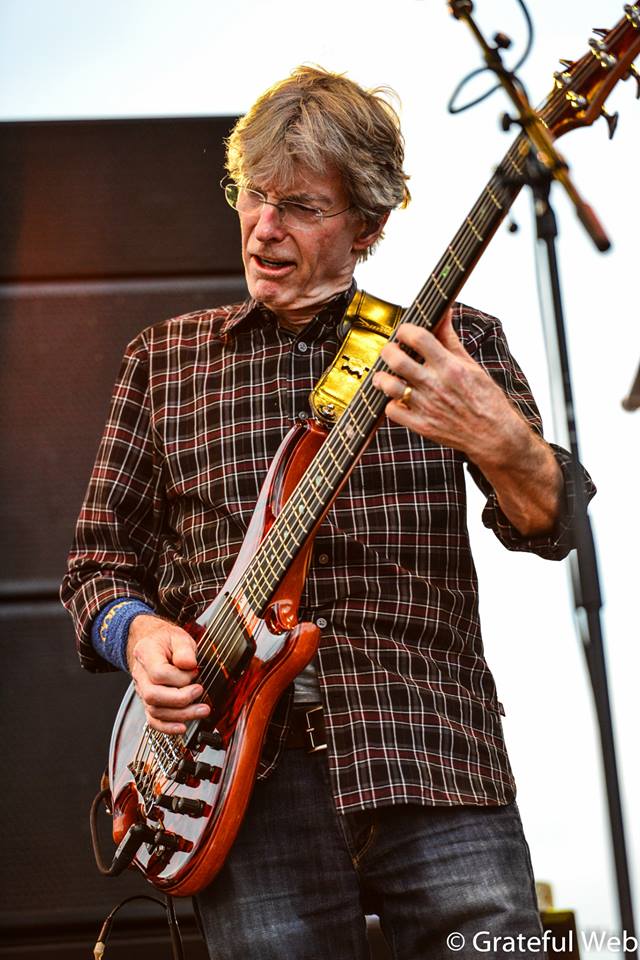
And now, that bassline has faded. But make no mistake, we’ll still feel it. Every time "Box of Rain" comes on, or the ghost of a "Phil Zone" jam crackles through the speakers, we'll remember that pulse, that beat, that unmistakable sense of being alive in a moment that can never be recaptured—but can always be remembered.
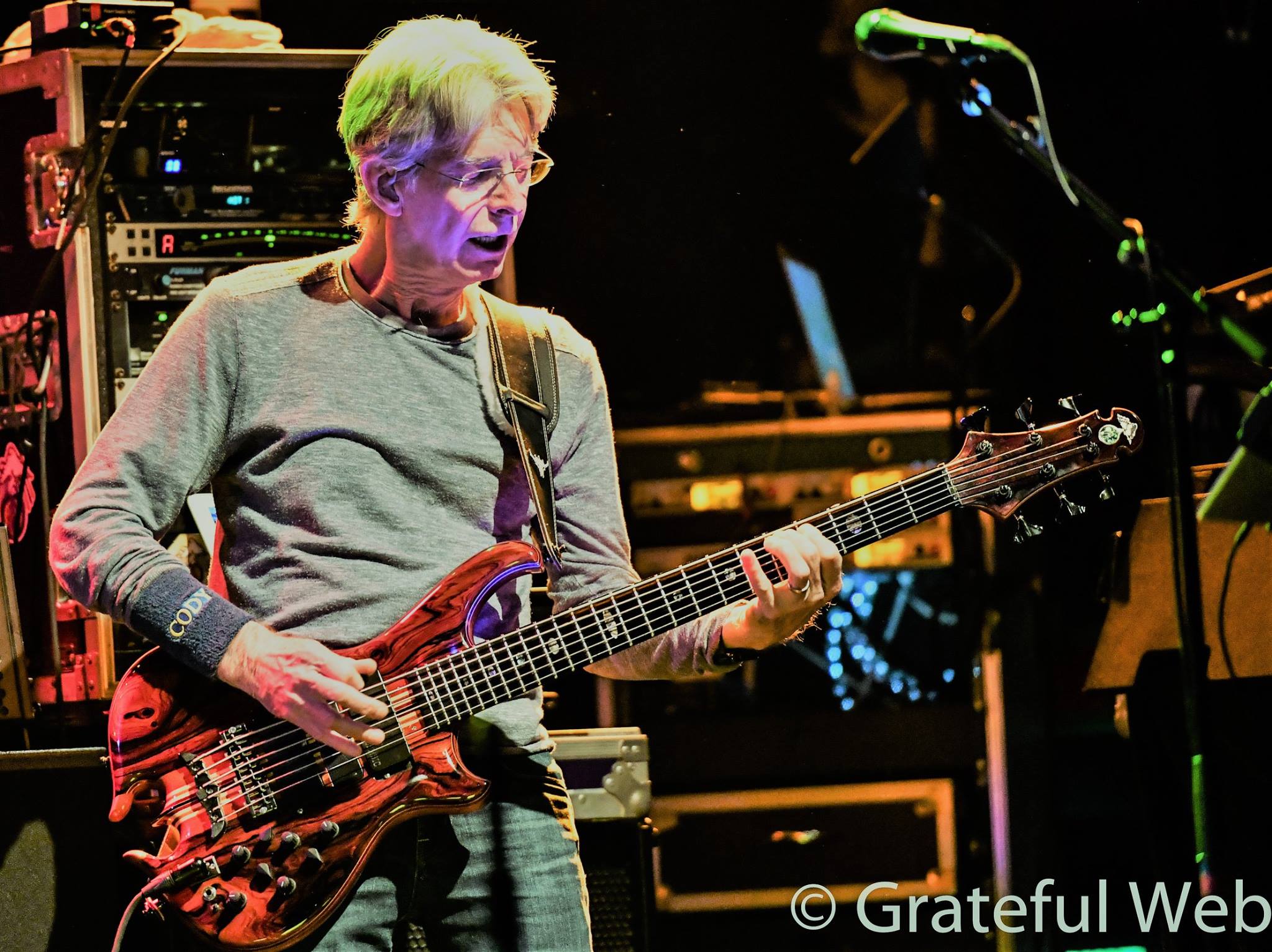
As Phil embarks on his next cosmic journey, we remain here, holding onto the music, the memories, and that ever-lingering feeling that somewhere, in some far-off corner of the universe, the jam is still going strong.
Rest easy, Phil. We still want Phil, and we always will.





